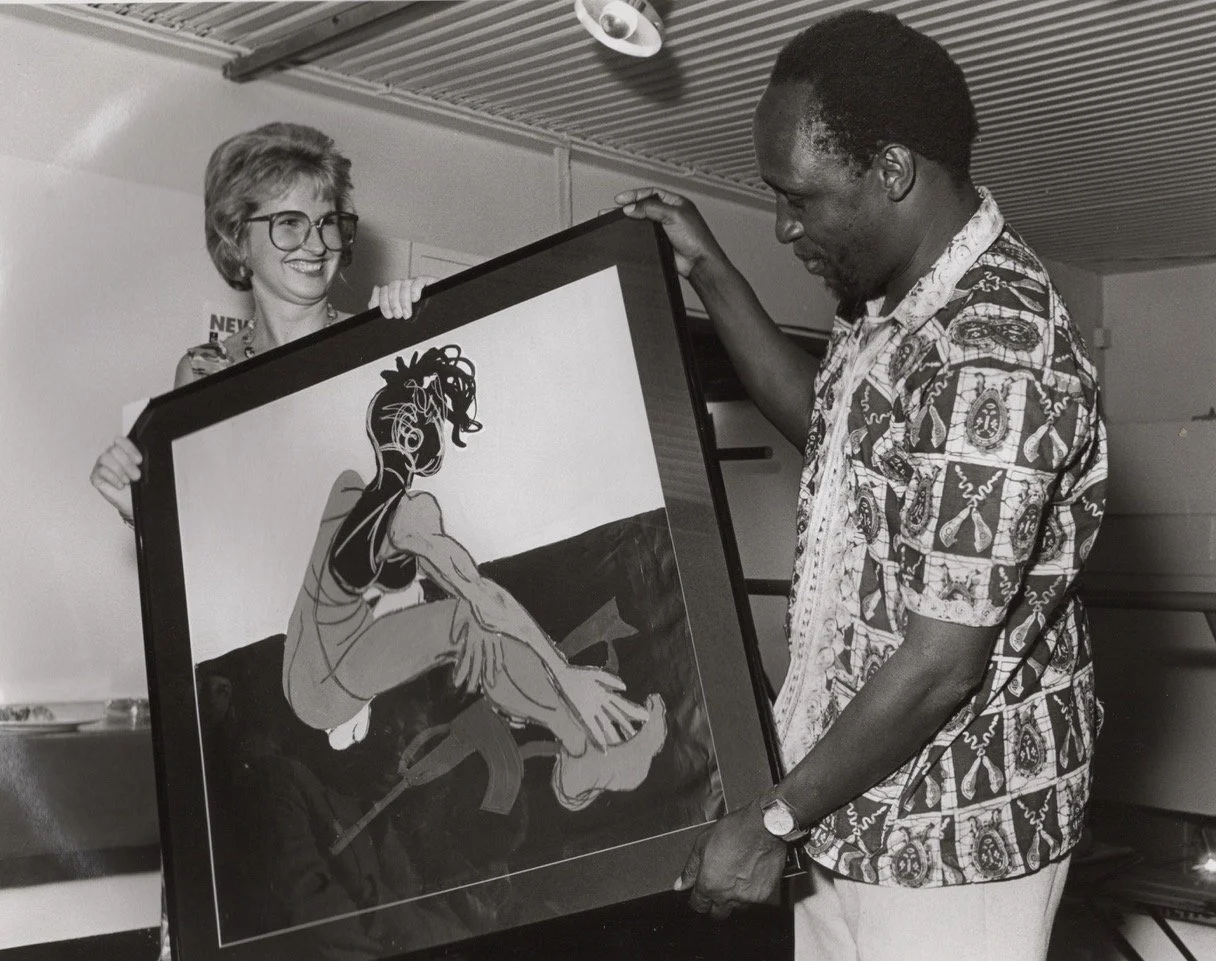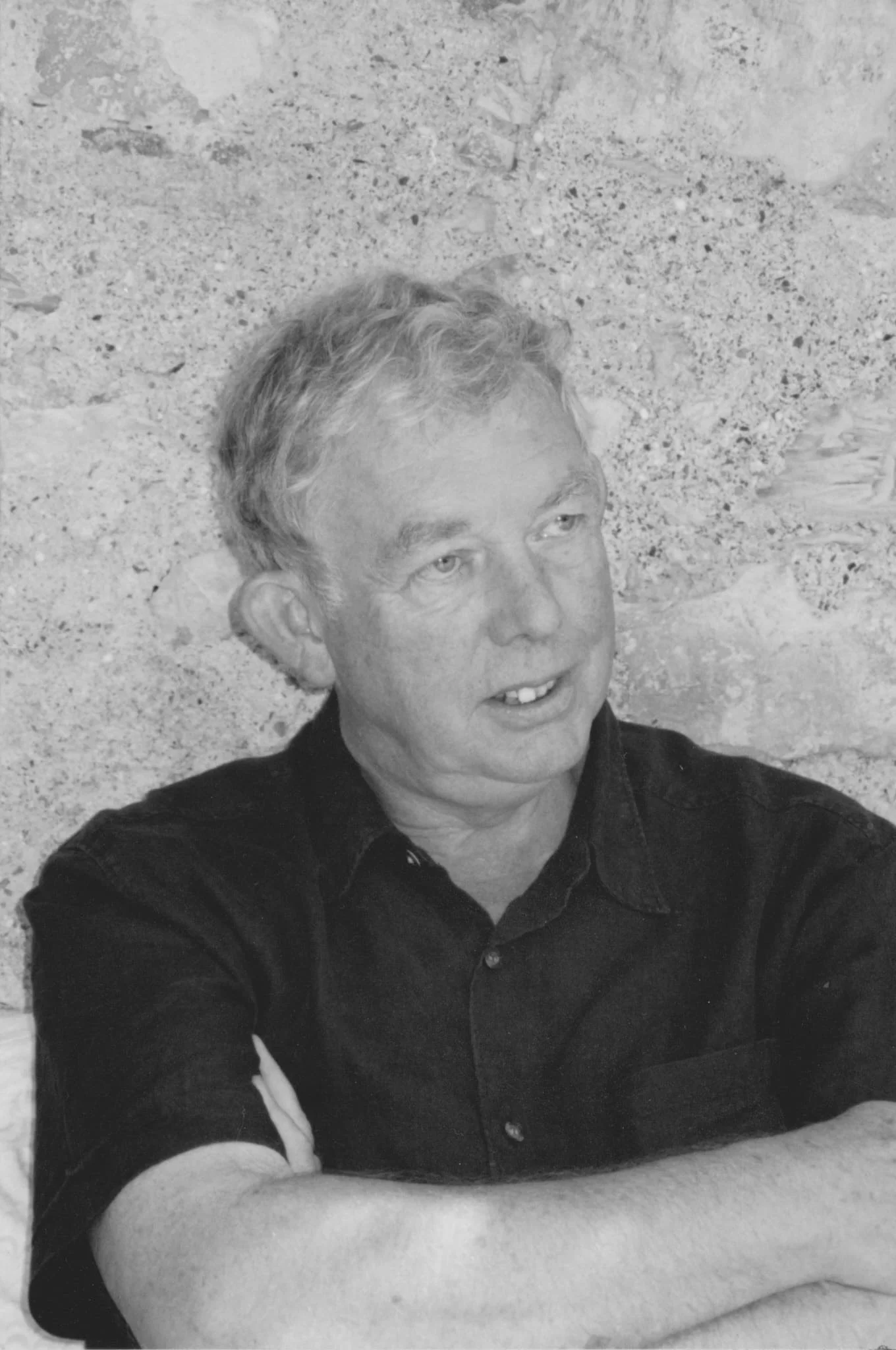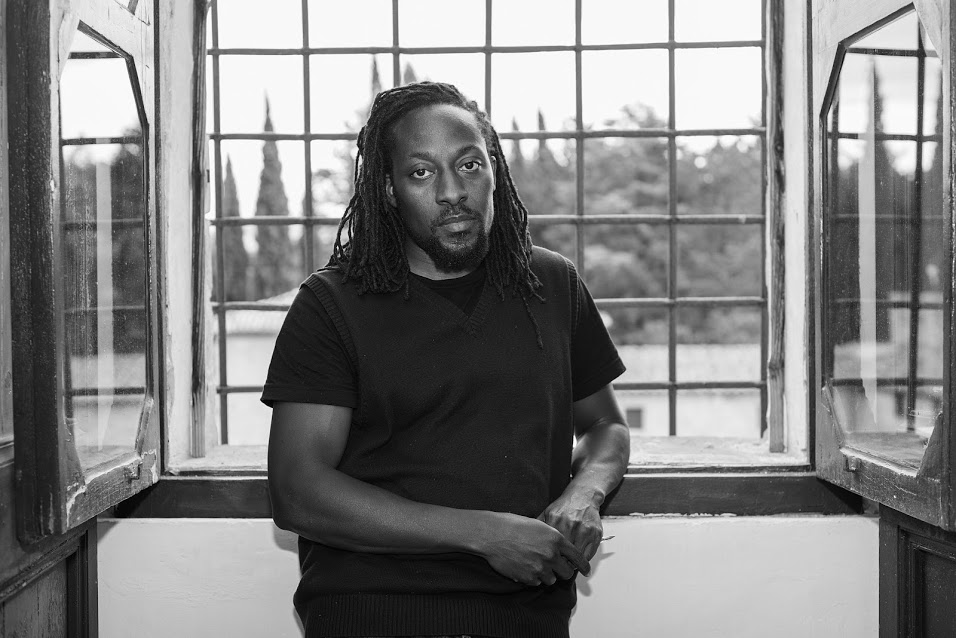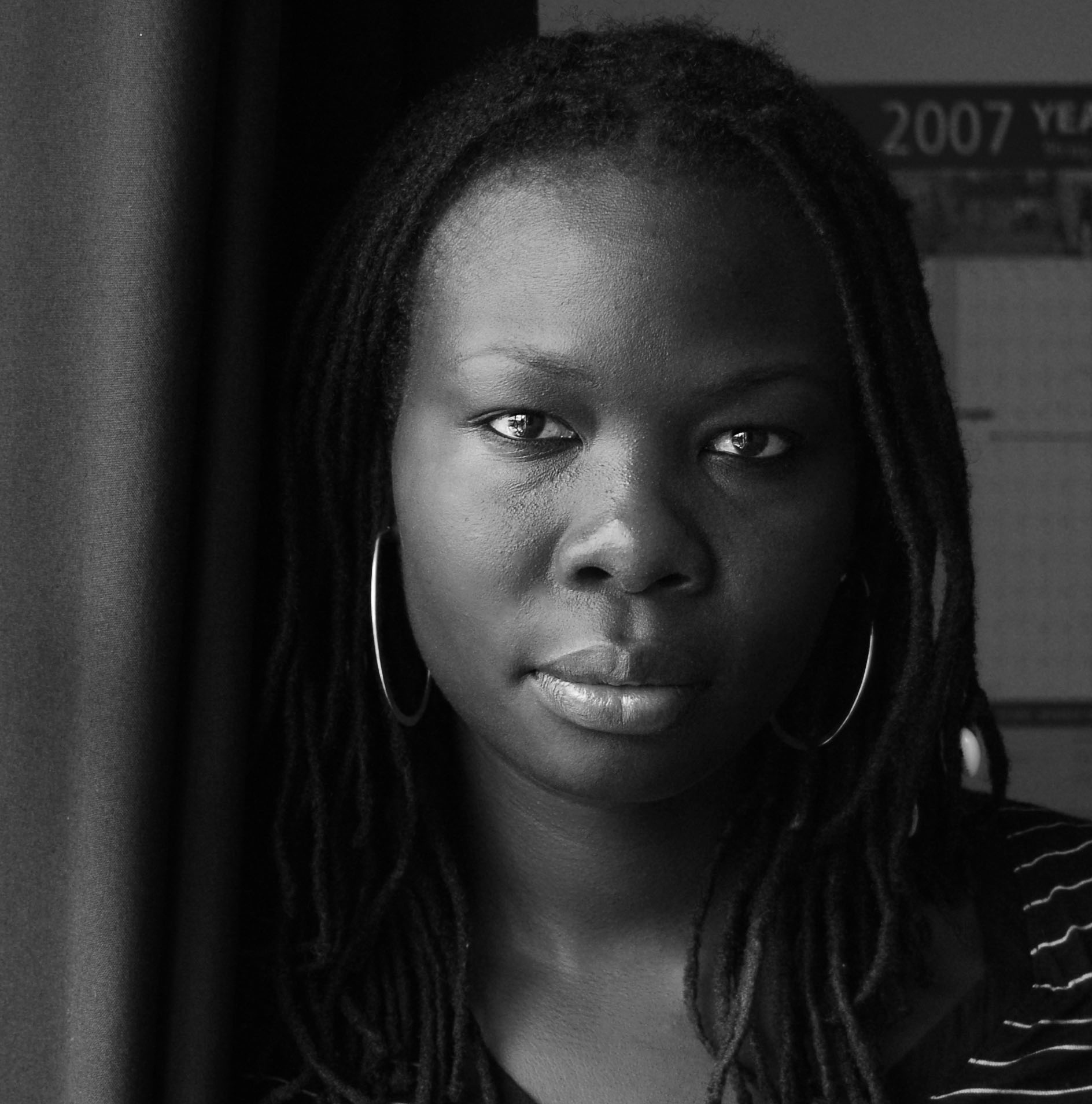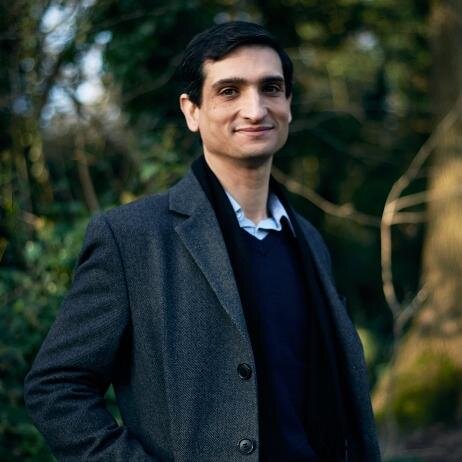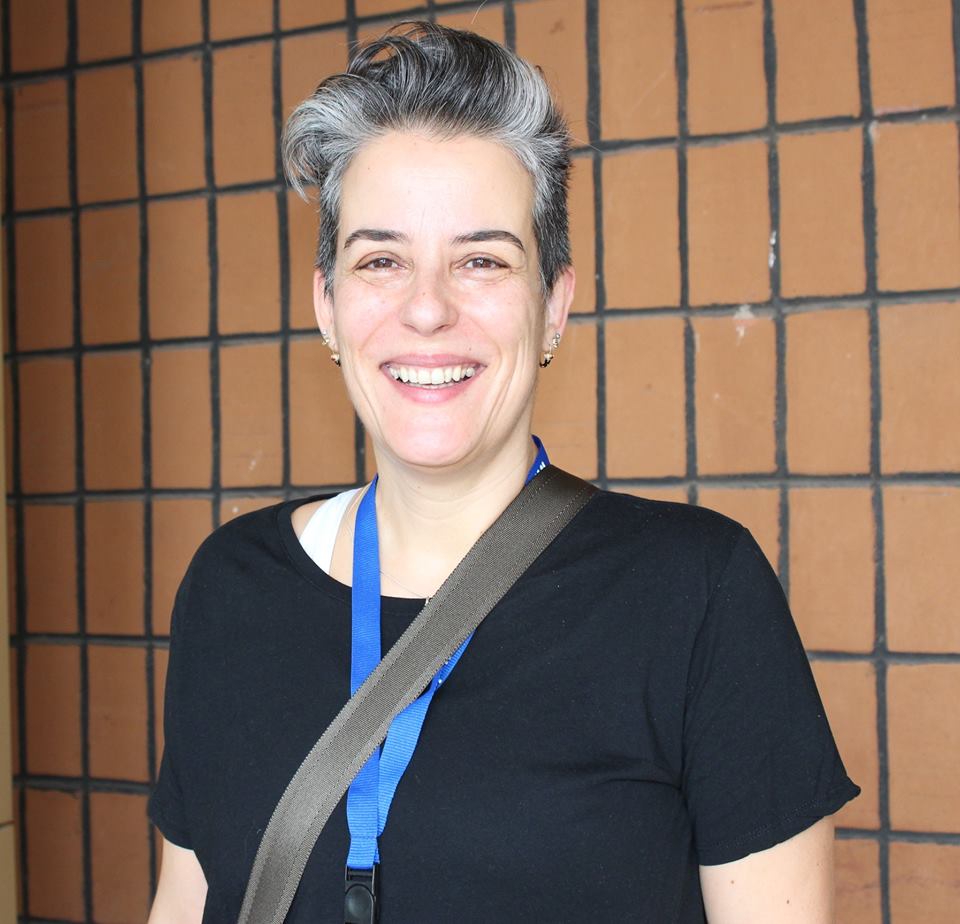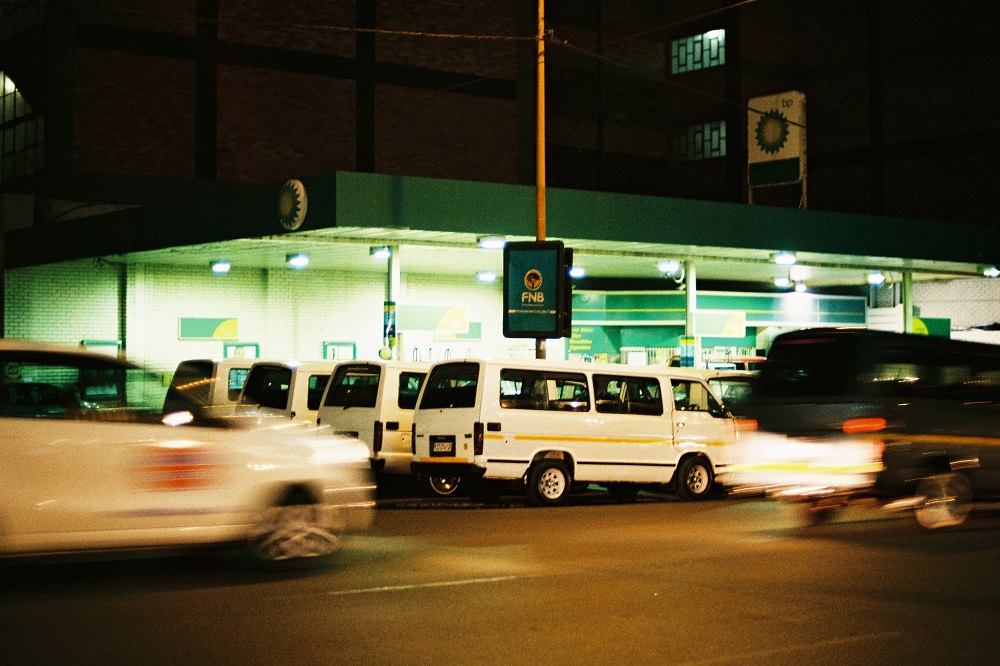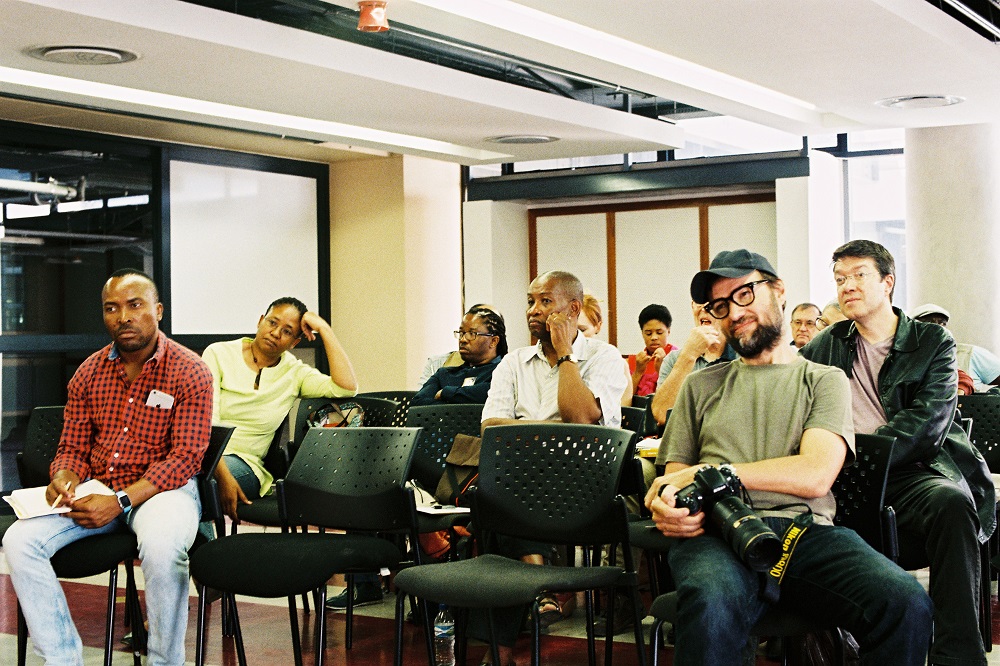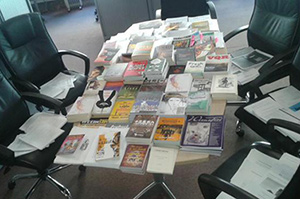Photo credit: Herby Sachs
I
Istanbul—In Transit—Outward-bound
Once upon a time in Istanbul, the jetbridge had been wheeled off and the plane had departed when the Turk, the German and the Nigerian met at the closed and deserted boarding gate. You had known you would miss the flight even before you got to the gate: your flight from Lagos had been delayed and the queue at the Kemal Atatürk Airport’s security checkpoint had been interminable.
So the Turk, the German and the Nigerian, transiting through Istanbul from different places but, like Chaucer’s medieval pilgrims, compelled into instant comradeship by a common purpose, begin the long hunt for the relevant ticketing desk. The Turk, clutching several rolls of duty-free cigarettes, is in the lead, the three of you sweeping briskly through the self-replicating vastness of that airport for what seemed an eternity before the ticketing desk is finally located.
Rescheduling the missed flight is straightforward. You don’t even have to say a word: the Turk speaks in Turkish on behalf of your group, gesticulating furiously at the ticketing officer. The only cost you all have to bear is a three-hour layoff. Your band separates, the three of you dispersing into the cavernous maws of the airport’s international terminal to burn off time in your individual ways.
In that interval, your mind goes to the recent terrorist assault on that same airport, on that same terminal through whose main hall you are wandering. You remember the recent failed coup in your country of transit and the majoritarian crackdown that followed, unleashing violence on thousands of citizens with no demonstrable connection with the coup. You think about the ongoing cross-continental mainstreaming of intolerance. Brexit. The American presidential elections. Daesh. Europe’s burgeoning rightist parties. The slew of populist demagogues who have risen into political prominence around the world.
Not so long ago—if viewed through the long lens of history—the ascension to political office of such leaders in Germany and other countries led to the carnage your people call Ogun Hitila. Hitler’s War. A story you wrote about the war, ‘Bombay’s Republic’, was awarded the Caine Prize for African Writing some years ago. Now, several German cultural institutions are jointly organising a series of events around selected stories that have won or been shortlisted for the prize. Out of Europe comes something new, to tweak the motto of the Caine Prize. These cultural organisations include Stimmen Afrikas/Allerwelthaus in Cologne. The MA in Translation programme of the Heinrich Heine University in Düsseldorf. Die Afrika Kooperative in Münster. And the Goethe Institut, Lagos. That is why you’re heading to Germany, which has now become a bastion of liberalism in Europe despite its own right-wing issues, and why you’re in transit through Istanbul.
You think of Orhan Pamuk, chronicler of Istanbul past and present, hounded into exile from his beloved city. And of the great Nâzım Hikmet, epic bard of Turkish life, thrown into jail decades earlier by his country’s leaders. You wince. Man will not only endure, he will prevail, said Faulkner. You want to believe him. You can’t.
II
Cologne
And then on the eighth day of Creation, after a night out in the cosy bars of Cologne, the Lord God created bicycles.
Cologne is a city of bicycles. Cologne’s roads, like those of some other German cities, are often clogged with vehicular traffic, so going by bicycle is wise. For your first dinner in the city, the genial, always-witty Christa Morgenrath, of your host institution Stimmen Afrikas/Allerwelthaus, arrives on a bicycle. So does Eva Wernecke, also of Stimmen Afrikas, who kindly brought you from the airport some hours earlier.
During the dinner, the conversation turns to the reconstruction of Cologne after the Second World War. The city had been so heavily bombed that an architect called it the world’s greatest heap of rubble. You remember reading somewhere that Heinrich Böll considered the post-war reconstruction of Cologne a destruction of his city all over again. Many people will say, though, that Böll’s position is not the final word on the matter.
For you, great writers have always been patron deities over the cities in which they lived. The humane, perspicacious and inclusive spirit of Böll’s writings echoes in the proceedings at the engagements on your packed schedule. The visit to a high school, during which a girl gives the most lucid explanation of colonialism you have ever heard. The interview at Allerwelthaus with the woman from Germany’s largest broadcaster—one of those rare journalists who truly understand what literature is all about. Your breakfast meeting with four Cologne writers at the Hotel Flandrischer Hof and the extensive conversation there that illuminates, among other things, how Nazism and kindred authoritarian regimes corrupt the very habits of language. The reading at the Zentralen Stadtbibliothek Köln, the Central City Library of Cologne. And the discussion at the event, which the actress Azizè Flittner translates for your benefit, that returns repeatedly to the relationship between literary invention and historical fact.
On your last day in Cologne, Christa Morgenrath suggests that you check out the Cologne cathedral before your departure. You gladly agree. The cathedral could not be more imposing. Craning your neck far back to observe its double spires, it seems it is the cathedral itself, rather than the clouds above it, that is drifting glacially across the surface of the earth.
Hordes of tourists mill around in the premises, taking pictures of the edifice and its magnificent stained glass windows. That grand cathedral, whose aesthetic could not be more dissonant with the post-WWII architecture of Cologne, brings back to mind the pre-war history of Germany. The Holy Roman Emperor Barbarossa marching with his red beard and his conquering army into Italy. Bismarck presiding over the Berlin Conference, accelerating the Scramble for Africa. Kristallnacht.
As you leave for the train station, you look back one last time at the cathedral. It towers over you and the city, its spires ominous like the peaks of a cordillera violently thrust out from the bowels of the earth—Gothic, medieval, minatory.
Image courtesy of Rotimi Babatunde
III
Düsseldorf
Twenty postgraduate students, including your story’s translator Theresa Benkert and the other members of the translation team Louisa Kuck and Yvonne Kappel. Two of their professors—Sonja Frenzel and Stephanie Kreiner. One professional translator—Thomas Brückner, renowned for his translations into German of the works of African authors like Ngũgĩ wa Thiong'o and Helon Habila. And one writer—you. These are the participants in your first session at the Heinrich Heine University’s Haus der Universität, located in a fashionable section of Düsseldorf.
After the preliminaries, the three-person team handling the translation into German, for the second time, of ‘Bombay’s Republic’ begin interrogating the story. The session lasts three hours. It is a rewarding experience. The questions raised by the team communicate their deep engagement with the story. In response to a comment about one of your long sentences, you voice out your assumption that such a sentence would be regular in German, which you know for its long sentences and word concatenations. Thomas Brückner says that tendency in the language makes long sentences written originally in another language even longer when translated into German.
You remember Garcia Marquez saying, with characteristic mischief and generosity, that he prefers Gregory Rabassa’s English version of One Hundred Years of Solitude to his own original. And you also remember some people have said, presumably tongue-in-cheek, that Shakespeare sounds better in German. In response to a question about a detail in your story, you reply that the translation team have the liberty to interpret it as they deem fit. Any worthwhile piece of literature is more intelligent than its writer, you say.
The second session is open to the university community and the general public. It is a presentation of the translation team’s practical and theoretical insights derived from the process of translating your story. The session is conducted mostly in German, unlike your other sessions in Düsseldorf. You are happy with just being another member of the audience, listening to the intense exchanges between members of the translation team and guests at the event, and understanding only snippets of the back-and-forth going on.
The last session for the day, a reading and discussion, which is also open to the public, holds at night. You’re back in front of the audience. It is a valid perspective to see the Second World War as a case of Germany trying to do to Europe what Europe, including Germany, had been doing to people in Africa and elsewhere for many centuries before the war, you tell the audience during that final event in Düsseldorf.
IV
Münster
Münster is happy when you arrive. A funfair is going on in the city. You watch the funfair’s savage rollercoasters flinging screaming thrill seekers skywards at hair-raising speed and then hurling them back earthwards with seemingly homicidal fury.
Across the road from the funfair, at the Internationales Zentrum der WWU ‘Die Brücke’, a scaled-down version of the exhibition ‘The Third World in World War II’ is in progress. A year ago, Anna Stelthove-Fend of the Afrika Kooperative contacted you to know if you would be willing to have your story “Bombay’s Republic” featured in the larger exhibition. The story was translated then, for the first time into German, by Thomas Brückner. It was published as a standalone piece in a small handsome edition, its proceeds going to a charitable initiative.
You couldn’t make the exhibition at that time. It is lovely you now have the chance to experience it, albeit in an abridged form. You walk through the exhibition, regarding posters of African soldiers in the different colonial armies of WWII. You stop for a long time before a poster illustrating the Nazi ideology of Lebensraum, Hitler’s foreign-policy goal of racially and ethnically cleansing parts of the world and turning those places into “living space” for his imagined “master race”.
Afterwards, during your reading moderated by Thomas Brückner, you talk about narratives. Stories are never innocent, you say. Implicit in every story is an ideology of how the world should be. That is why all pernicious narratives must constantly be challenged with counter-narratives.
Photo credit: Christiana Diallo-Morick
V
Istanbul—In Transit—Homebound
This time around, there is no drama at the Kemal Atatürk International Airport. While waiting for your boarding announcement, you remember that, once upon a time in Istanbul, a Turk, a German and a Nigerian had missed their flight at that same airport. Their flight was rescheduled, and they had to burn away time by wandering independently around the huge terminal. By chance, the three of them met again in the course of their wanderings outside the entrance of one of the several smoking lounges in the airport.
The Turk, the German and the Nigeria did not have a common language with which to communicate. The Turk pointed to the rolls of cigarettes he was holding and to the smoking lounge, after which he pointed to himself and to the two others. Then the Turk began laughing. He thought the others had also missed the flight, like he did, because of tobacco-connected reasons. The German and the Nigerian started laughing with him. Though the Turk’s assumption was wrong, it didn’t matter. Only the possibility of human camaraderie across all essentialist boundaries did.
The memory of that chance meeting brings Faulkner’s words back to your mind. Humanity will not only endure, it will prevail, Faulkner said. You don’t want to believe him. You do.
About the Author:
Nigeria’s Rotimi Babatunde won the 2012 prize for his short story entitled ‘Bombay's Republic’ from 'Mirabilia Review' Vol. 3.9 (Lagos, 2011). Chair of Judges, Bernardine Evaristo, MBE, described it as “ambitious, darkly humorous and in soaring, scorching prose exposes the exploitative nature of the colonial project and the psychology of independence”.

